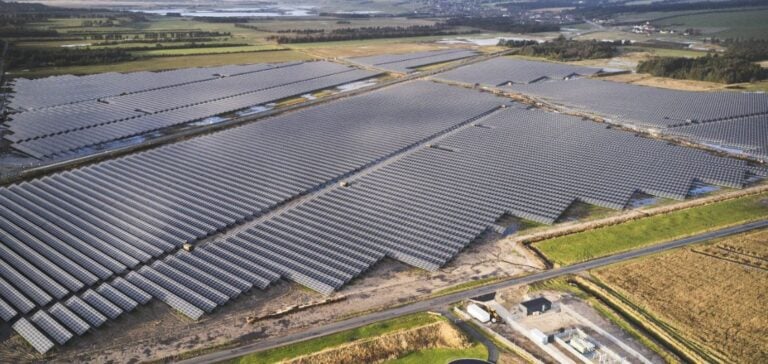The Energy Commission of Malaysia (EC) recently announced the opening of a new tender for the development of 2 GW of large-scale solar capacity. This tender is part of Malaysia’s initiative to diversify its energy mix and meet its energy transition goals. The country aims to have 70% renewable energy in its power grid by 2050.
Two Separate Packages for the New Tender
This tender is divided into two distinct packages. The first concerns the construction of ground-mounted solar power plants, with capacities ranging from 30 MW to 500 MW, totaling 1.5 GW. The second concerns floating solar projects or those installed on water, with a total capacity of 500 MW, for projects also ranging from 10 MW to 500 MW.
These projects are designed to contribute significantly to Malaysia’s goal of reducing its dependence on fossil fuels and increasing the share of renewable energy in its power generation. The solar plants are expected to come online by 2027.
A Framework for Malaysia’s Energy Transition
Malaysia’s Large Scale Solar (LSS) program, under which this new tender falls, aims to diversify the country’s energy mix while strengthening its infrastructure to integrate more green energy. This initiative is part of Malaysia’s energy transition policy, supported by the Ministry of Energy and Natural Resources (Petra), which oversees the program.
A similar tender for the same 2 GW volume was launched in April 2024, further demonstrating the priority given to solar energy in the country’s energy strategy.
A Fast-Paced Tender Process
Tender documents are available online, and submissions must be made by the end of February. Selected projects are expected to begin operations in 2027, following a preparation and construction period.
The results of this tender will have implications for the regional energy industry as well as international investors interested in the solar energy market in Asia.






















